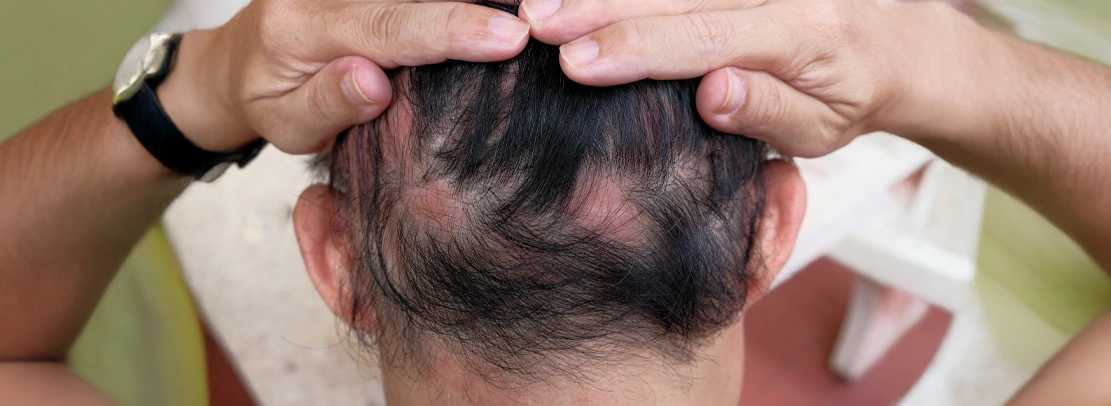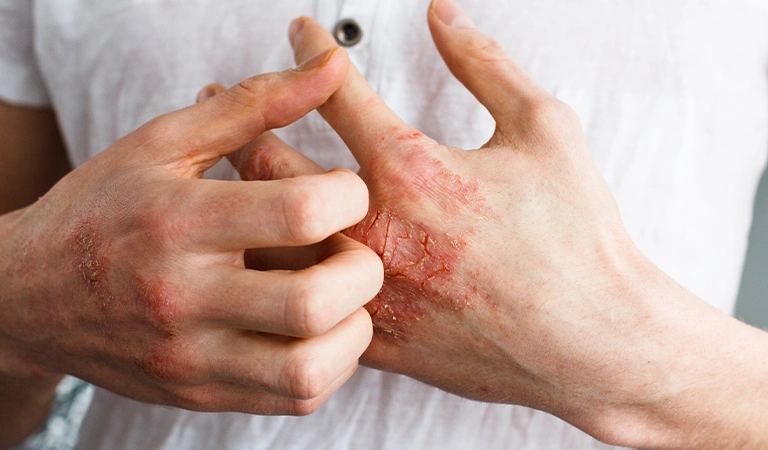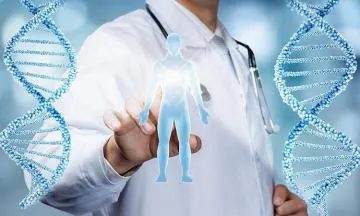
Dealing with Red Inflammatory Pimples: What You Need to Know
Posted By: Dr Batra's®, 05 Jun 25
What is Cicatricial (Scarring) Alopecia?
Posted By: Dr Batra's®, 05 Jun 25
Natural Home Remedies for Dry and Frizzy Hair
Posted By: Dr Batra's®, 05 Jun 25
Is Surgery the Only Solution for Piles? Exploring Non-Invasive Alternatives
Piles, also known as hemorrhoids, are a common health issue affecting a significant number of people…
Posted By: Dr. Batra's®, 25 Mar 25
Protect Your Lungs: Practical Tips for Combating Environmental Risks
Protect Your Lungs: Practical Tips for Combating Environmental Risks
Posted By: Dr. Batra's®, 25 Mar 25
Psoriasis in Different Seasons: How Weather Changes Affect Your Skin
Psoriasis is a chronic skin condition that accelerates skin cell turnover, resulting in the formation…
Posted By: Dr. Batra's®, 25 Mar 25



